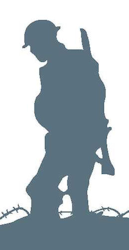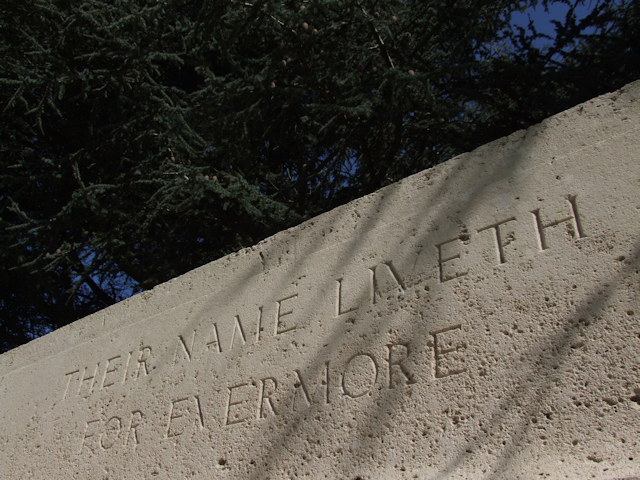Name
Harry Poulton
15 May 1886
Conflict
First World War
Date of Death / Age
20/09/1914
28
Rank, Service Number & Service Details
Private
9386
Highland Light Infantry
2nd Bn.
Awards: Service Medals/Honour Awards
1914 (Mons) Star, British War and Victory Medals
Cemetery/Memorial: Name/Reference/Country
LA FERTE-SOUS-JOUARRE MEMORIAL
France
Headstone Inscription
NA
UK & Other Memorials
Tring Town Memorial,
St Peter & St Paul Church Roll of Honour, Tring
Pre War
Harry Poulton was born on 15 May 1886 in Tring (baptised as Henry on 16 Apr 1887 in Tring) to William Poulton, labourer, and Elizabeth Kempster, straw plaiter.
On the 1891 Census the family of mother Elizabeth, William Kempster (born 1878). Mary Poulton (born 1883), Harry and Sarah Poulton were living at 8, Harrow Yard, Tring.
On the 1901 Census Harry (a coal carter, aged 14) was living with his grandmother Annie Kempster, her son Charles and daughter Agnes, at 16, Harrow Yard Tring.
Harry enlisted in the Militia as Private 4692 in 4th Battalion Bedfordshire Regiment on 22 Oct 1903. He transferred to the Regular Regiment and was posted to the Depot on 14 Dec 1903 and following training to 2nd Battalion on 13 Mar 1904. He was listed as Deserted on 12 Apr 1904.
Following a hearing and confession on 20 May 1904 he transferred to Highland Light Infantry as Private 9386 in 2nd Battalion and was signed up for 3 years with Colours and 9 Years on Reserve on 21 May 1904 He went to India with HLI in Dec 1905and was allowed to extend his service to 8 years and returning to UK was placed on reserve on 31 Mar 1912.
Harry married Clara Fountain in 1913., there was a daughter Olive Clara Fountain born 13 Nov 1914.
Wartime Service
No Service Record was found.
At the outbreak of the Great War Harry was recalled to the colours and went to France with the 2nd Battalion on 14 Aug 1914 with 5 Brigade in 2nd Division. They were in action at Mons (23-24 Aug), Le Cateau (26 Aug) , Aisne (12-15 Sep). Harry was killed in action at Verneuil on 20 Sep 1914 during the small scale fighting following the German retreat towards Ypres.
Acknowledgments
Neil Cooper
Jonty Wild



